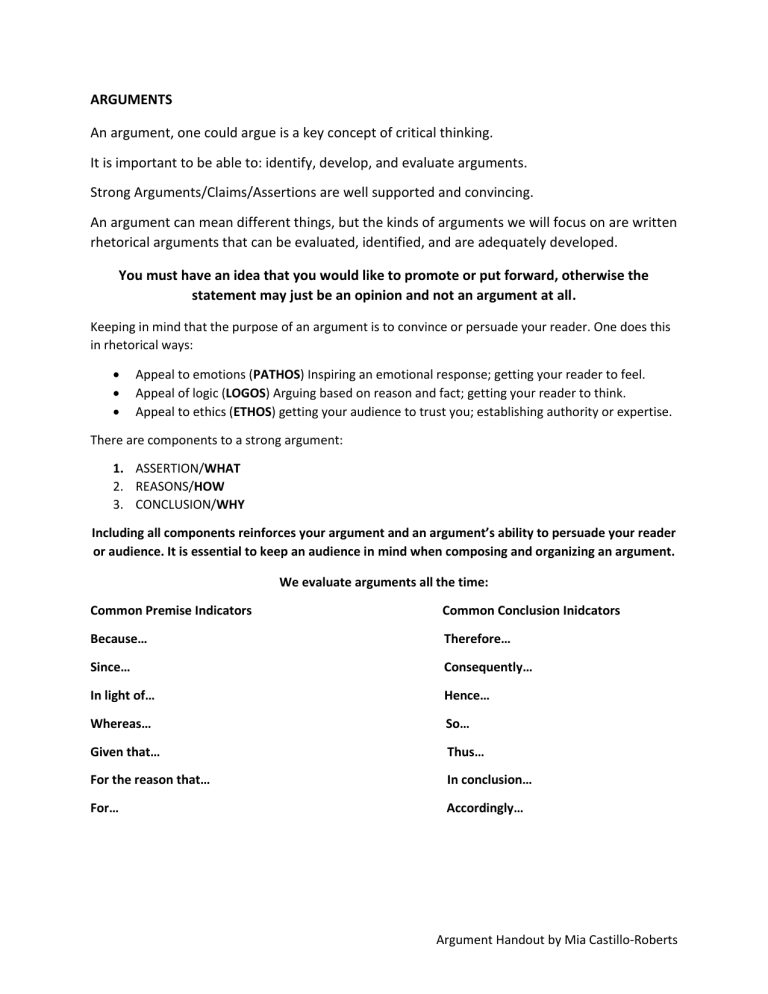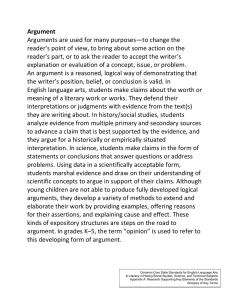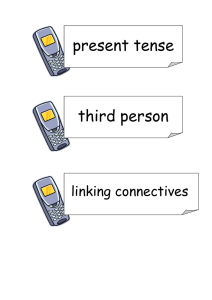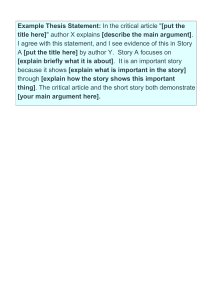
ARGUMENTS An argument, one could argue is a key concept of critical thinking. It is important to be able to: identify, develop, and evaluate arguments. Strong Arguments/Claims/Assertions are well supported and convincing. An argument can mean different things, but the kinds of arguments we will focus on are written rhetorical arguments that can be evaluated, identified, and are adequately developed. You must have an idea that you would like to promote or put forward, otherwise the statement may just be an opinion and not an argument at all. Keeping in mind that the purpose of an argument is to convince or persuade your reader. One does this in rhetorical ways: Appeal to emotions (PATHOS) Inspiring an emotional response; getting your reader to feel. Appeal of logic (LOGOS) Arguing based on reason and fact; getting your reader to think. Appeal to ethics (ETHOS) getting your audience to trust you; establishing authority or expertise. There are components to a strong argument: 1. ASSERTION/WHAT 2. REASONS/HOW 3. CONCLUSION/WHY Including all components reinforces your argument and an argument’s ability to persuade your reader or audience. It is essential to keep an audience in mind when composing and organizing an argument. We evaluate arguments all the time: Common Premise Indicators Common Conclusion Inidcators Because… Therefore… Since… Consequently… In light of… Hence… Whereas… So… Given that… Thus… For the reason that… In conclusion… For… Accordingly… Argument Handout by Mia Castillo-Roberts





